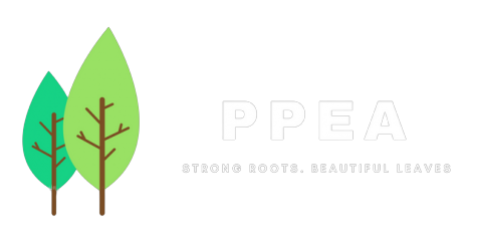A. Considerations When Choosing
1. Family needs, goals, and lifestyles
2. Learning styles of children
3. Finances
4. Educational philosophy
B. Educational Approaches to Home Schooling (pg 10 Guide)
1. Conventional method – school at home; textbooks and workbooks
2. Delayed academics – wait until brain, vision, hearing, perceptions, emotions,
sociability, and physical growth come together to function cooperatively,
between ages 8-10
3. Unit Study method – integrates almost all subjects into one topic
4. Unschooling – traditional teaching methods destroy natural curiosity, children
will learn because of natural delight directed desire to learn
5. Charlotte Mason method – “twaddle free”, living books, whole books, real life situations
6. Principle method – worldview of America’s Founding Fathers. notebook approach: research, reason, relate, record
7. Classical method – 3 stages of the Trivium suited to the natural stages of mental development in children.
8. Learning Lifestyle – eclectic, lines between school and home blur, happens naturally over period of years.
C. Where to Find Info About Curriculums
1. Books
a. Complete Guide to Getting Started in Homeschooling – Mary Pride
b. 100 Top Picks for Homeschool Curriculum – Cathy Duffy
c. Christian Home Educators Curriculum Manual – Cathy Duffy
2. Catalogs, brochures
3. Magazine reviews, articles & advertisements
4. Book fairs and conventions
5. Friends’ (other homeschoolers) recommendations, be sure to ask:
– What they DO and DON’T like about it!
– Why they like or dislike it. (Are the reasons applicable in your home?)
– How they use it.
D. Where to Buy Curriculum
1. Internet sales
2. Book fairs and conventions
3. Local book/teacher supply stores
4. Support group used curriculum sales
5. Library sales, thrift stores and garage sales
6. Used curriculum web sites – ebay, vegsource, etc.
“Should everyone homeschool?”
My personal belief is that everyone should consider it as one of their
options, but no it is not for everyone. It is not for the family
that can not or will not give it their best efforts.
“Can I homeschool?”
Absolutely you can if you believe this is the best choice for your child. Because you love your child and want the best for him/her you will be willing to do what it takes to make your homeschool successful.
Acknowledge their fears, doubts and nervousness. quote:
“Starting to homeschool is like learning to dance. you step
on each others toes and sometimes you wonder if you are
listening to the same music, but you evenrually get into the
groove.” -Unknown
II. Support
A. National Home Education Research Institute – gather data,
analyze data and write reports, keeping up with the research
done on success of homeschoolers.
B. Home School Legal Defense Association – Legal defense,
new program helping members homeschooling high school,
developing new program for members homeschooling
special needs students, help getting homeschoolers into
military, into college sports, scholarships for special needs
students and for widows homeschooling.
C. Home Education Foundation – Brenda Dickinson.
Responsible for dual enrollment at colleges, extracurricular
activities at public or private schoois, Bright Futures for
homeschoolers, Florida Virrual School online for
homeschoolers
D. Florida Parent Educators Association – Free “Guide to
Homeschooling in Florida”, Almanac, annual convention,
up to date homeschool info, discounts, scholarships for
single parents homeschooling and college scholarships
E. PPEA or other local support groups, extracurricular
activities, park days, orientation, science fair, spelling
bees/geography bees, book fairs, used curriculum sales,
graduation, yearbooks, proms, etc. Get involved with like
minded people.
